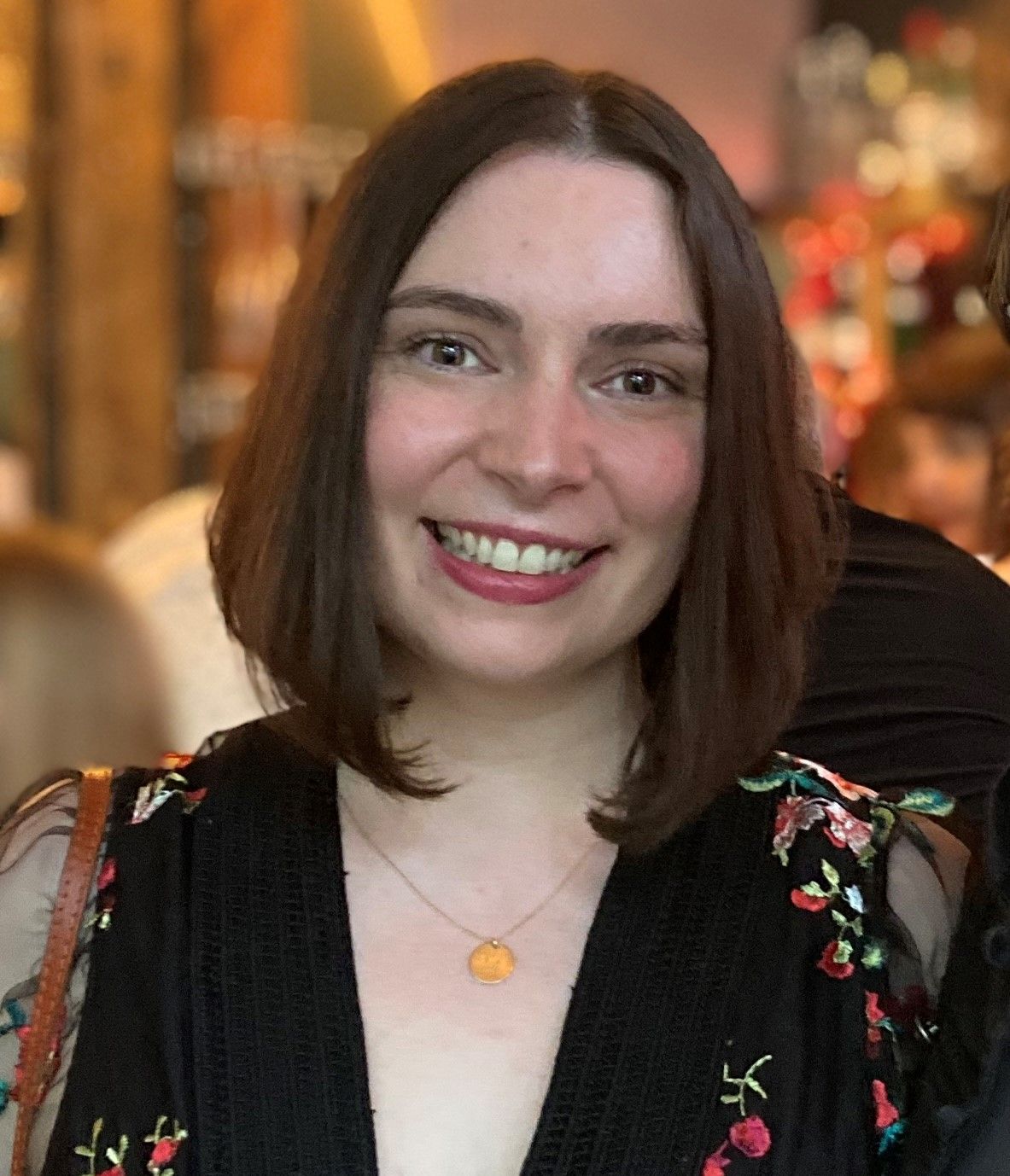
MS and mental health: Joining forces to amplify voices
Meg Stapleton
- Lived experience
- Health inequalities
Multiple Sclerosis (MS) is a neurological condition that affects over 130,000 people in the UK. It damages nerves in the body, causing symptoms such as fatigue, pain, mobility issues, visual impairment and cognitive problems, which can differ from person to person. Because it is both a fluctuating and progressive condition, MS can make life unpredictable.
Coming together in the sector
At the MS Society, we knew there was an opportunity to understand how MS and mental health interact and affect people. We also wanted to do more collaborative work in the sector to better serve the wider MS community.
Following conversations with colleagues from other MS charities, six organisations agreed to come together to explore mental health and MS. This was a novel, and at times uncertain, way of working for most of us.
It was a great opportunity to see what would happen when we joined forces, rather than working in siloes or potentially competing for media and influencing opportunities. The six organisations that came together are: MS Society, MS Trust, Overcoming MS, MS-UK, Shift.MS and MS National Therapy Centres.
Coproduction and collaboration
Our first step was to pool what existing evidence each organisation had on MS and mental health. This helped us build a roadmap to understand the gaps in our knowledge and where we wanted to focus in our joint project.
We found that most of our existing evidence came from surveys and other forms of quantitative research. While these provided powerful stats and insights, we felt that people’s voices and experiences were missing. We agreed to carry out interviews with people living with MS, and their loved ones, to better capture the nuances of mental health and wellbeing.
We wanted our research to be rooted in people’s lived experiences. So, we brought together a coproduction group of people living with MS, drawn from the six organisations. This group helped us to write interview questions for the project, helping us to stay focused on relevant questions and themes, and to avoid assumptions about what people would want to talk about.
MS and mental health
We carried out 21 interviews with people living with MS, and their loved ones. We spoke to people from a range of backgrounds and with different types of MS.
People spoke about how the uncertainty of living with MS often affected their mental health. Many found that MS flare-ups affected their wellbeing and ability to do day-to-day things. Others found that having a poor mental health day could affect their MS symptoms and make things more difficult. This bidirectional impact of physical and mental health, coupled with an unpredictable health condition, can be incredibly challenging.
People also told us about challenges encountered when seeking mental health support. Many found they had not received good quality mental health information or support when they reached out for help. Reasons for this include poor understanding of MS, high workloads for health professionals, and lack of time in medical appointments to discuss wellbeing and mental health.
What needs to change
Based on these findings, the six MS organisations have developed joint policy recommendations for change. These include the need for a new neurological mental health pathway to give people with MS access to appropriate mental health support. We also want to see new training packages for health professionals, to support them to better diagnose and treat both MS and mental health issues.
Next steps
We very are pleased to have produced our first shared piece of work. You can read our joint policy position here. We will now take forward our joint recommendations and influence for change. We also hope to continue this joint working on other topics in future, to draw on each other’s strengths and to achieve our ultimate goal of supporting the MS community.
Biography
Meg Stapleton is a Policy Manager with the MS Society, the UK’s largest charity for people affected by multiple sclerosis. She is passionate about equal access in healthcare, and ensuring lived experience is at the core of policy development.